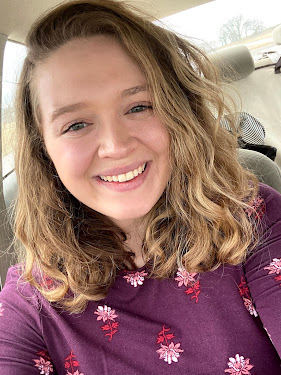I don't know how I stumble upon the TED Talks that I end up watching, but it usually starts with me scrolling through their official website or YouTube pages. I go through and click "watch later" on the ones I am interested in and randomly pick one to start at. The one I landed on? "How to Stop Screwing Yourself Over" by Mel Robbins. It's pretty blunt but pretty applicable.
I'm always pretty weary of motivational speakers because so many times people buy into the idea of the empty words speakers are saying and profiting off of. Robbins' talk gave the listeners practical advice for making changes in their lives, though. She also wasn't afraid to call out people's flaws or problems.
Now going back to the original question of "what do you want?" I automatically think about a dream job or dream future. But why do I assume it's a "dream job", why can't it become a reality?
That's what Robbins wants to blame on the F-word. No, it's not what you're thinking. The F-word is "fine." We get so used to saying "this is fine, things are fine," that we don't challenge ourselves.
Why do we do this? According to Robbins it is because we like the idea of routine, we like what is safe and normal. She said that the ways to change how we live are simple, but not easy.
1. It's simple (but not easy): force yourself out of your own headAs Robbins said, "If I put a speaker on your [mind] and broadcast what you say to yourself you'd be institutionalized." If we don't speak about/to others that way, why do we subject ourselves to that negativity?
2. It's simple (but not easy): force yourself past your feelingsOur feelings are usually what keep us stuck in our repetitive routine. We don't "feel" like doing something different. A moment for change may present itself but we hesitate. That hesitation is our feelings acting over what we really want.
I am as guilty as the next person. One of my many fears is rejection so I sometimes settle for what is fine versus taking the risk. I think that the bigger problem comes when you consistently settle for just being "fine" instead of doing what you really want. As I have discussed in my previous posts I really am trying to live in the moment more and I feel like I have some progress.
By forcing ourselves out of our own heads and forcing ourselves past our own feelings we become vulnerable. That vulnerability allows us to grow as people and eventually become who we really want (even if we get hurt at first).
Until next time,
Taylor xx



No comments